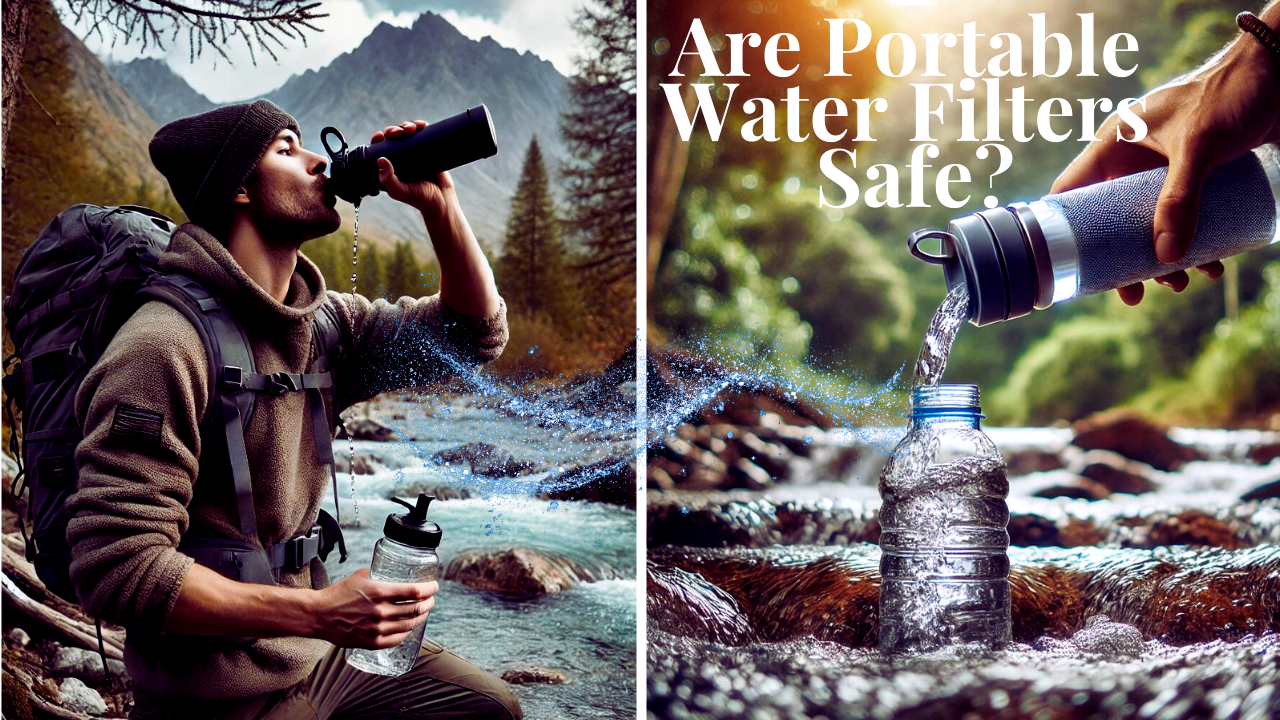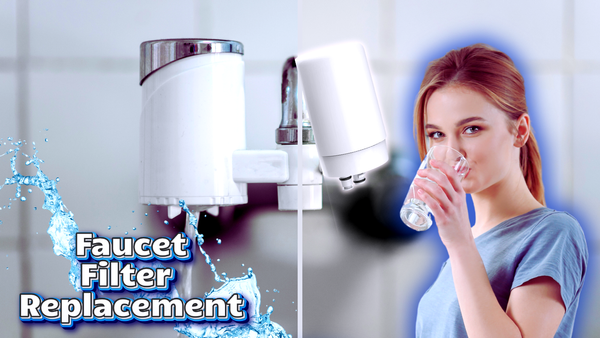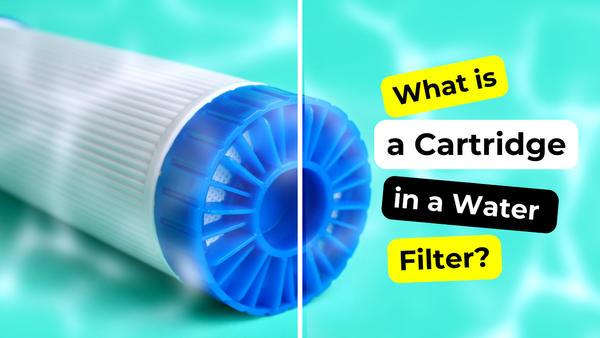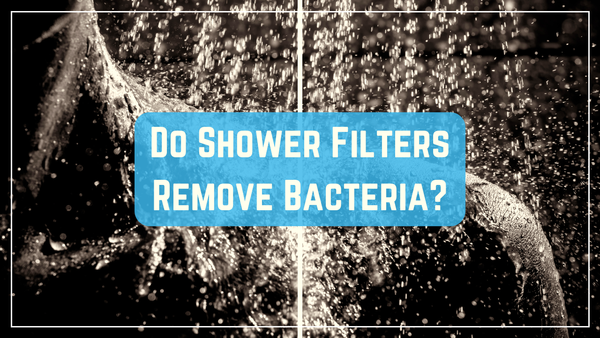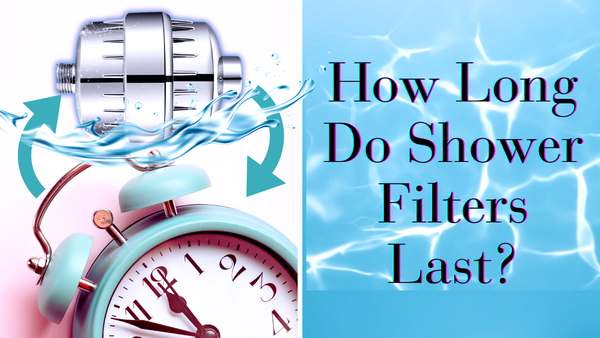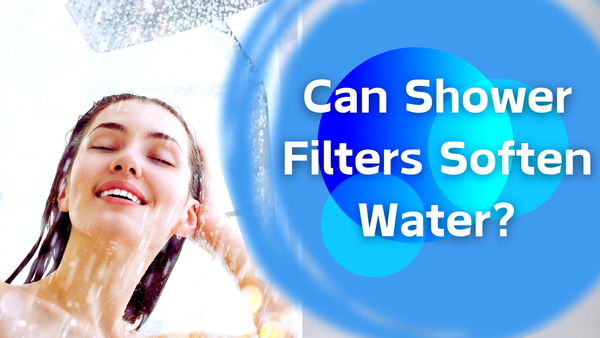Key Takeaways:
- Portable water filters are generally safe and effective for removing harmful contaminants from water sources.
- Different types of portable water filters, such as UV light and activated carbon filters, offer various benefits and limitations.
- Proper usage and maintenance of portable water filters are crucial for ensuring safe drinking water.
When you're out in the wilderness or traveling to remote areas, having access to clean drinking water is essential. Portable water filters have become a popular solution for outdoor enthusiasts and travelers alike. But the question remains: are portable water filters safe? This article delves into the safety and effectiveness of portable water filters, exploring different types, their benefits, and potential drawbacks.
Understanding Portable Water Filters
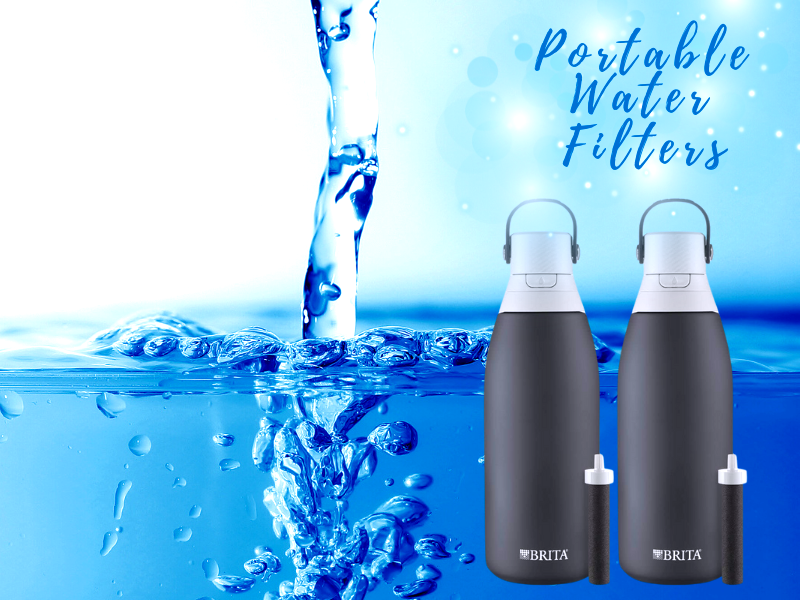
Portable water filters are designed to remove harmful contaminants from water, making it safe to drink. These filters come in various forms, including pump-action filters, gravity filters, and straw filters. Each type has its own set of advantages and limitations, but the main function remains the same: to provide safe drinking water.
The effectiveness of a particular filter depends on its design and the technology it uses. Some filters are better at removing bacteria and protozoan cysts, while others excel at eliminating viruses and chemical contaminants. Understanding the capabilities of different filters is crucial for choosing the right one for your needs, especially when dealing with contaminated water. Drinking contaminated water can lead to illnesses caused by bacteria, viruses, and parasites, so it's important to know the source and safety of the water before consuming it.
Types of Portable Water Filters
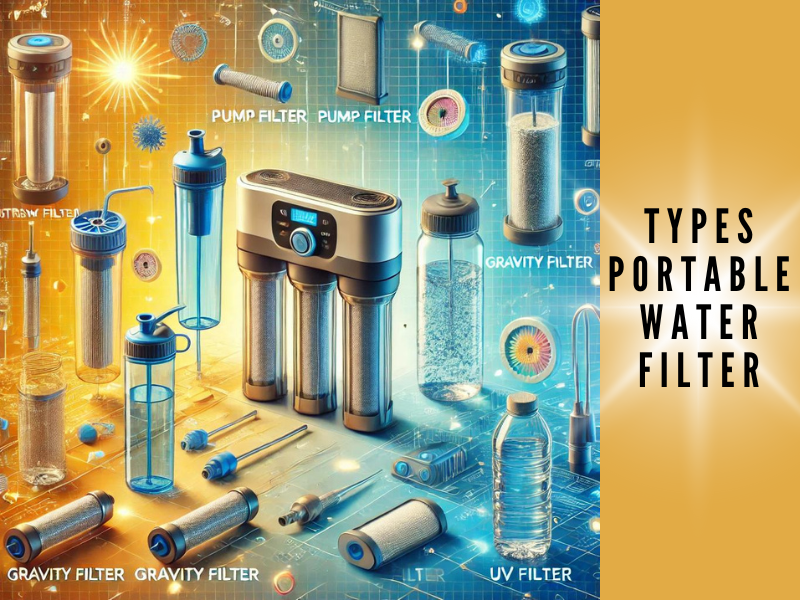
UV Light Filters
UV light filters use ultraviolet light to kill bacteria, viruses, and protozoa in water. These filters are highly effective and can treat water quickly. However, they require batteries or a power source, which can be a limitation in remote areas.
Activated Carbon Filters
Activated carbon filters are excellent for removing chemicals, bad taste, and odors from water. They work by adsorbing contaminants onto the surface of the carbon. While they are effective at improving the taste and smell of water, they may not remove all types of harmful microorganisms.
Ceramic Filters
Ceramic filters use a porous ceramic material to filter out bacteria and protozoa. These filters are durable and can be cleaned and reused multiple times. However, they may not be effective against viruses and chemical contaminants.
Reverse Osmosis Filters
Reverse osmosis filters use a semi-permeable membrane to remove a wide range of contaminants, including bacteria, viruses, and heavy metals. These filters are highly effective but can be bulky and require a significant amount of water pressure to operate.
How Portable Water Filters Work
Portable water filters work by passing water through various filter elements that trap and remove contaminants. The filter elements can include activated carbon, ceramic, or a combination of materials. Some filters also use UV light or chemical disinfectants to kill harmful microorganisms.
The effectiveness of a filter depends on its ability to remove particles smaller than bacteria, such as viruses and protozoan cysts. Most filters are designed to remove bacteria and larger particles, but not all can effectively eliminate viruses. When boiling is not possible, using chemical disinfectants, such as unscented household chlorine bleach, can be an alternative method to treat or purify contaminated water. Choosing a filter that meets your specific needs and the quality of the water source.
Benefits of Using Portable Water Filters
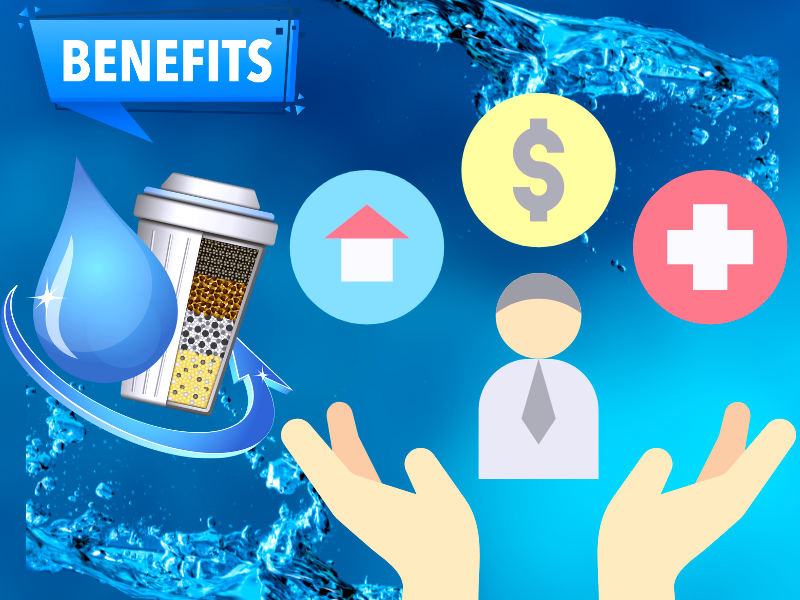
Portable water filters are lightweight and easy to carry, making them ideal for backpacking, camping, and travel. They provide a convenient way to access clean drinking water without the need for plastic bottles or boiling water. Using a portable water filter can save money in the long run by reducing the need to buy bottled water. It also helps reduce plastic waste, making it an environmentally friendly option.
Potential Drawbacks
Portable water filters require regular maintenance to ensure they remain effective. This can include cleaning the filter elements, replacing cartridges, and ensuring the filter is stored correctly. Not all portable water filters are capable of removing all types of contaminants. Some filters may not be effective against viruses or chemical pollutants, so it's essential to choose a filter that meets your specific needs.
Safety Concerns
One of the main concerns with portable water filters is the quality of the water source. If the water is heavily contaminated with human waste or industrial pollutants, even the best filter may not make it safe to drink.
The Science Behind UV Light Filters
UV light filters are a fascinating technology that many outdoor enthusiasts swear by. These filters use ultraviolet light to purify water by deactivating harmful contaminants such as bacteria, viruses, and protozoan cysts. Having a UV light filter can be a game-changer when backpacking in remote areas. Imagine treating water from a lake or stream and making it safe to drink within minutes. This method is particularly effective because it doesn’t alter the taste of the water, unlike some chemical disinfectants.
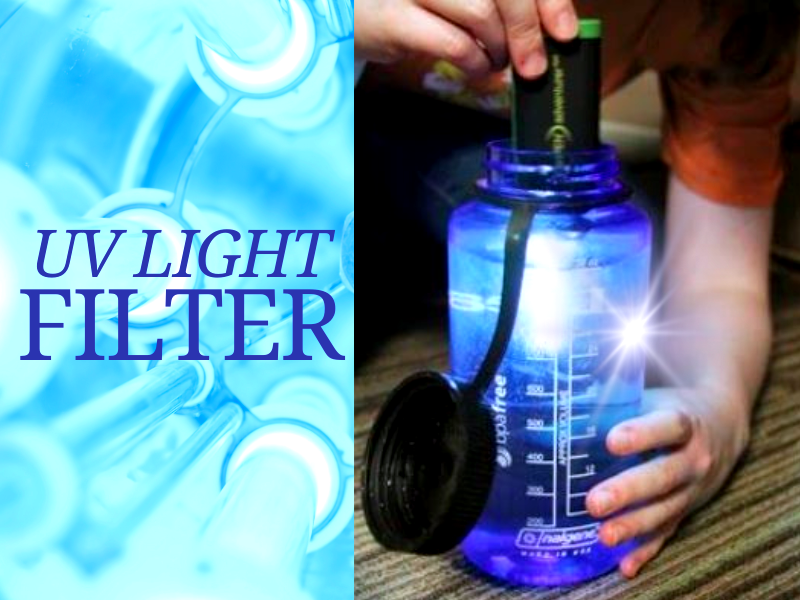
While UV light filters are adequate, water purifier offers a broader range of protection by eliminating all types of disease-causing microorganisms, including bacteria, viruses, and protozoa. Water purifiers are essential for remote traveling, in areas with human or animal contamination, and for ensuring safety against unseen dangers in water.
However, it’s crucial to understand that UV light filters have limitations. For instance, they are less effective in cloudy water because the particles can block the UV light, preventing it from reaching all the contaminants. Therefore, pre-filtering the water to remove larger particles is a best practice. Additionally, UV light filters require batteries, so you must ensure they are charged or have spares on hand. Despite these considerations, UV light filters remain popular for those seeking clean drinking water in less developed countries or remote areas.
The Role of Activated Carbon Filters
Activated carbon filters are another popular option for those looking to purify water, especially when dealing with tap water or bottled water that may have a bad taste or odor. These filters work by adsorbing contaminants onto the surface of the activated carbon, effectively removing chemicals, chlorine, and even some heavy metals. This makes them an excellent choice for improving the taste and safety of drinking water, whether you’re at home or in a hotel room.
One of the standout features of activated carbon filters is their ability to remove smaller bacteria and protozoan cysts, making the water safe to drink. However, it’s important to note that most filters of this type do not remove viruses, so they are often used in conjunction with other methods like boiling or chemical tablets for comprehensive water treatment. Regular maintenance is also key to ensuring the filter elements remain effective. Activated carbon filters have a limited shelf life, so replacing them as recommended by the manufacturer is essential for optimal performance.
Proper Usage
Using a portable water filter correctly is crucial for ensuring safe drinking water. This includes following the manufacturer's instructions, maintaining the filter, and using it with water sources that are not heavily contaminated.
Best Practices for Using Portable Water Filters
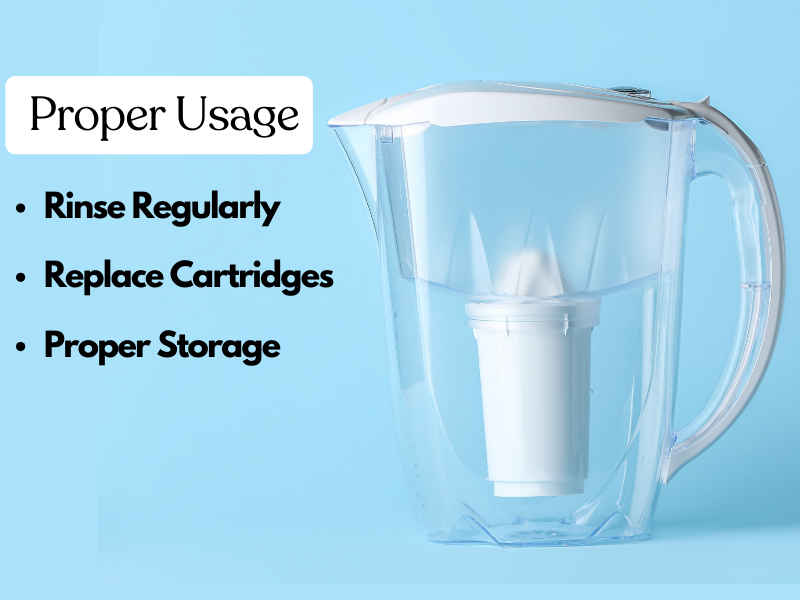
If the water source is cloudy or contains large particles, it's a good idea to pre-filter the water using a cloth or coffee filter. This helps extend the life of the portable water filter and ensures it works more effectively. Regularly cleaning and maintaining the portable water filter is essential for ensuring its effectiveness. This includes cleaning the filter elements, replacing cartridges, and storing the filter properly when not in use.
Choosing the Right Portable Water Filter
When choosing a portable water filter, consider the quality of the water source and the types of contaminants you need to remove. For example, if you're traveling to an area with a high risk of viruses, choose a filter that can effectively remove viruses. Reading reviews from other users can provide valuable insights into the performance and reliability of different portable water filters. Look for filters with positive reviews and a good track record of effectiveness.
Summary
Portable water filters offer a convenient and cost-effective solution for accessing clean drinking water in remote areas and while traveling. Different types of filters, such as UV light and activated carbon filters, provide various benefits and limitations. Proper usage and maintenance are essential for ensuring the filter remains effective. By choosing the right filter and following best practices, you can enjoy safe drinking water wherever you go. For more tips and updates, subscribe to our newsletter today!
FAQ
How often should I replace the filter cartridge in my portable water filter?
The frequency of replacing the filter cartridge depends on the manufacturer's recommendations and the quality of the water source. Generally, it's advisable to replace the cartridge every few months or after filtering a certain amount of water.
Can portable water filters remove viruses?
Not all portable water filters can remove viruses. Filters that use UV light or reverse osmosis are more effective at removing viruses. It's important to choose a filter that meets your specific needs.
Are portable water filters safe for use in developing countries?
Yes, portable water filters can be safe for use in developing countries, provided they are used correctly and maintained properly. Filters with activated carbon and UV light are particularly effective for treating water in areas with limited access to clean drinking water.
